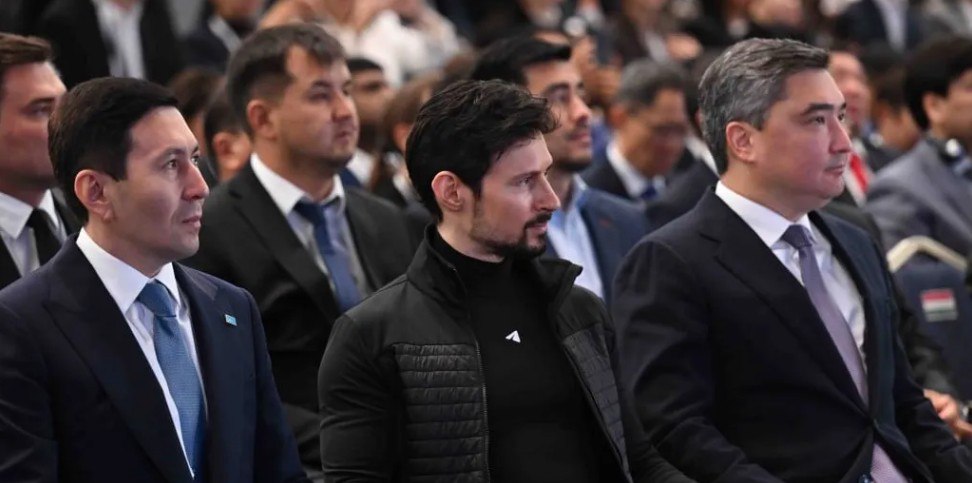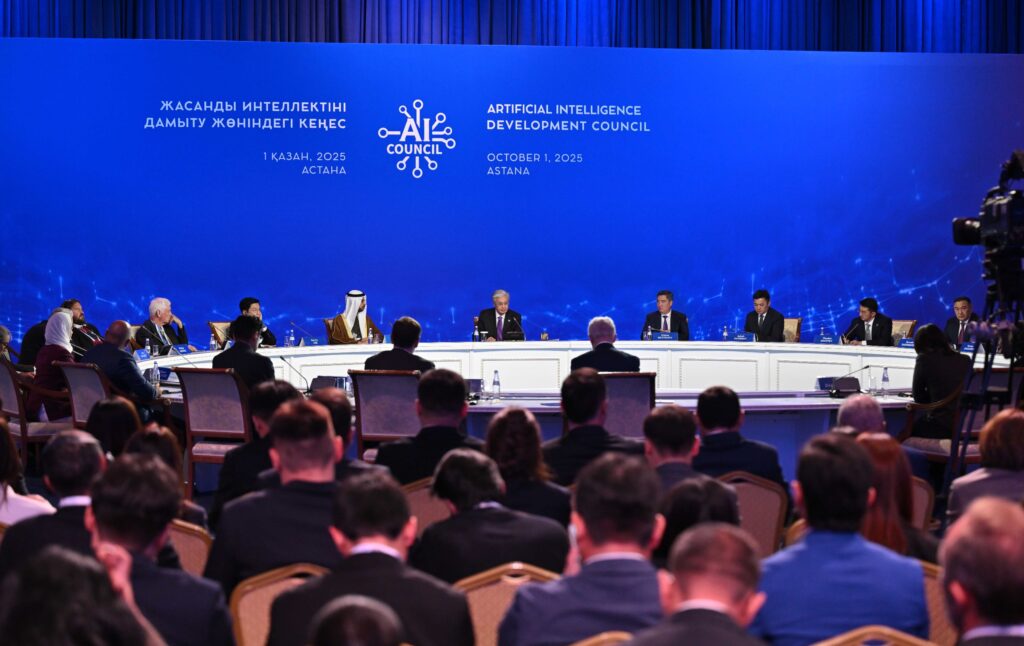The debate on the need for worldwide regulation of artificial intelligence (AI) is gaining momentum, given that over the past year AI has become a key tool for millions of people. With a growing number of organizations applying AI in various fields, including medicine, politics and judicial decisions, the urgent question is how to integrate AI into legislation.
In Central Asia, in 2020 the National Bank of Kyrgyzstan authorized remote identification of individuals at banks using AI, machine learning and other predictive algorithms to process customer biometric data. Bishkek also introduced a facial recognition system based on artificial intelligence which allows data about wanted persons to be entered, and cameras to automatically identify them and transmit information to law enforcement.
Artificial intelligence has also found its application in the political process. In 2020, the Mekenim Kyrgyzstan Party used a digital bot farm during the elections which generated approximately 150 profiles a day, automatically wrote comments and then self-liquidated.
In Tajikistan, where the use of AI is not widespread, MegaFon stands out for its introduction of the Dono chatbot in 2019. This artificial interlocutor interacts with around 14,000 subscribers per day, freeing humans from routine tasks and allowing them to deal with more complex issues.
In Uzbekistan, meanwhile, the government is taking active measures to stimulate the development of AI technologies. A presidential decree has established comprehensive steps towards the digitization of the economy and the social sphere. Digitization of government data in various sectors, such as justice, communications, finance, education and healthcare are becoming an integral part of the development strategy. The application of AI technologies, starting with image recognition and navigation systems, has already become a tangible part of task-solving in large enterprises, and the country is actively working to create an enabling environment to further expand the use of AI.
In Kazakhstan, AI is being actively introduced in the judicial system, and over the past two years AI systems have been used to analyze court cases and predict their outcomes. The authorities believe that this approach helps minimize errors and improves the quality of justice. In the field of healthcare, since 2022 Kazakhstan has been successfully operating the PneumoNet program based on artificial intelligence. This program makes it possible to detect 17 of the most pathogenic lung diseases, including pneumonia, tuberculosis, and cancer.
Currently, Kazakhstan, Kyrgyzstan and Tajikistan do not have specific laws regulating the creation and use of AI. Despite this, the Strategy for the Development of Artificial Intelligence in the Republic of Tajikistan until 2040 notes that during the implementation of the first and second stages of said strategy, legal, institutional and infrastructural frameworks will be developed, and the necessary specialists will be trained.
Unlike its neighbors, Uzbekistan adopted a presidential decree “On measures to create conditions for the accelerated introduction of artificial intelligence technologies” as early as 2021. This document has become the legal foundation for the further development of AI in the country, defining its main directions. The resolution emphasizes the need to develop a legal framework that defines uniform requirements, responsibility, safety and transparency in the development and use of AI technologies in various sectors of the economy and the social sphere, as well as in the system of public administration.









